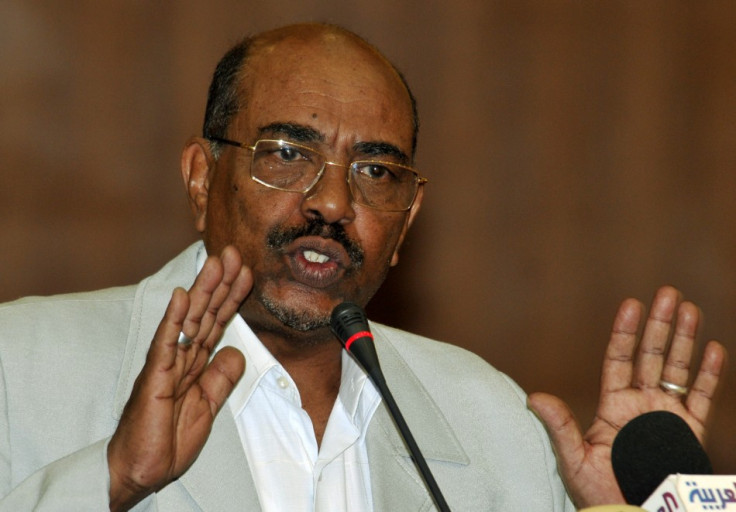Syria: Head of Arab League Observers General Mustafa al-Dabi Accused of 'Human Rights Abuses'

Syrian opposition members are urging the Arab League for the exclusion of General Mustafa al-Dabi as head of the delegation currently in the country to ensure President Assad's pledges to end the crackdown.
Al-Dabi was the head of military intelligence during the regime of Omar al-Bashir, the Sudanese president, who is under international arrest warrant on charges of committing genocide in Darfur.
The decision to appoint him as leader of the 60 Arab League observers who are supposed to monitor the regime's fulfilling the League's plan have dismayed human rights groups and angered opposition leaders.
"What do you expect from the head of a monitoring mission who is accused of genocide in his own country?" Ausama Monajed, a member of the Syrian National Council (SNC), told AP:
"Why couldn't the head of the mission be from Egypt, Morocco or the Gulf? That his background is military undermines his credibility. Why did not they pick someone who has a legal or rights background?"
"[The SNC] is deeply concerned about having al-Dabi as head of the monitoring mission given the accusations around him and we will put a motion to the Arab League requesting that he be changed," he added.
Human rights group Amnesty International have warned that al-Dabi could threaten the credibility of the entire mission.
"The Arab League's decision to appoint as the head of the observer mission a Sudanese general on whose watch severe human rights violations were committed in Sudan risks undermining the League's efforts so far and seriously calls into question the mission's credibility," it said in a statement.
Al-Dabi was the head of the Sudanese directorate of military intelligence when Bashir rose to power in a coup in 1989 - a period marked by "arbitrary arrest and detention, enforced disappearance and torture", Amnesty said
Reports connect his name with the summary trials and execution of 28 army officers who attempted to topple Bashir in April 1990, an anti-government Sudanese news site, Alrakoba, reports.
After his term as military intelligence chief, al-Dabi headed Sudan's foreign intelligence agency before returning to the army to serve as the deputy chief of general staff in 1996.
Syrian opposition groups have also expressed concern about Gen Dabi's strong military background.
"He won't be neutral, and would sympathise with those in similar positions, thus it won't be surprising if he supports and sympathises with the Syrian regime and its henchmen who are committing crimes against humanity round the clock in Syria," the head of the Syrian League, Abd-al-Karim al-Rayhawi, told the BBC.
© Copyright IBTimes 2025. All rights reserved.






















